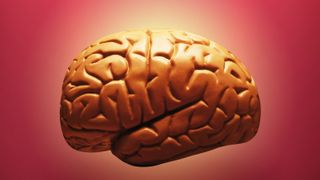Your brain's GPS may help you navigate down memory lane
Our neural GPS could be responsible for both location and recollection

Back in 2005, Norwegian researchers discovered 'grid cells' - special brain cells that track location just like a GPS, helping the brain maintain an internal map of its immediate environment. They won a Nobel Prize for their discovery in 2014.
Now, however, it seems that grid cells can also track time and distance - crucial components of memory. According to Howard Eichenbaum from Boston University, his experiments on rats show that grid cells are responsible for "laying down the sequence of space and time that provide a framework for events that are unfolding".
In his experiments, rats were put on a treadmill while their grid cells were monitored. He noticed that the cells were firing, but motion and changes in scenery were not triggering the cells as the rats weren't moving through space. Instead, they seemed to trigger after a certain distance had been run or amount of time had elapsed.
'Significant Jump'
The discovery, published in the journal Neuron, brings together several disparate research fields involving navigation and memory.
We know that time is one of the ways that the brain sorts our personal experiences and allows us to recall them, and it makes sense that the brain would adapt a simple system for navigating to a more complex task like organising memories.
But others have cautioned against reading too much into what happens in the brain of a rat on a treadmill. If grid cells really are responsible for our memories, biomedical engineer Joshua Jacobs told NPR, they're "not only representing a few seconds of time, but thousands and thousands of seconds of time over the course of one's lifetime. And that's a significant jump."
Get daily insight, inspiration and deals in your inbox
Get the hottest deals available in your inbox plus news, reviews, opinion, analysis and more from the TechRadar team.
Most Popular



